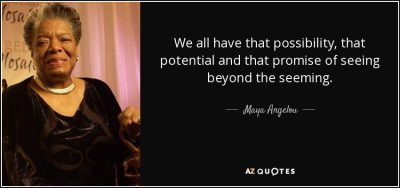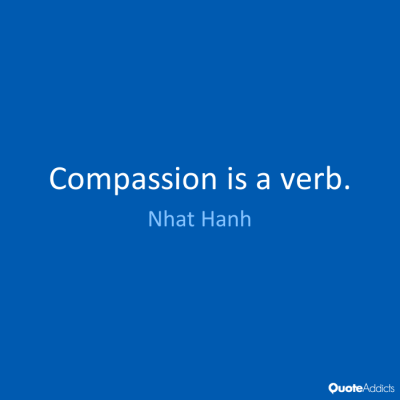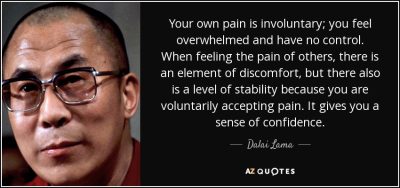I Get Scared When…
When do you get scared in conversations or meetings? You might call it “challenged,” “anxious,” or “threatened.” However, underneath our adult bravado, it remains what we called it as children: “scared.” Here’s how a few of the 50 consultants at a talk I gave last week at the Silicon Valley Organization Development Network completed this sentence: “I get scared when…” — “I think someone is angry with me and his or her voice escalates. I’m … Read more…









